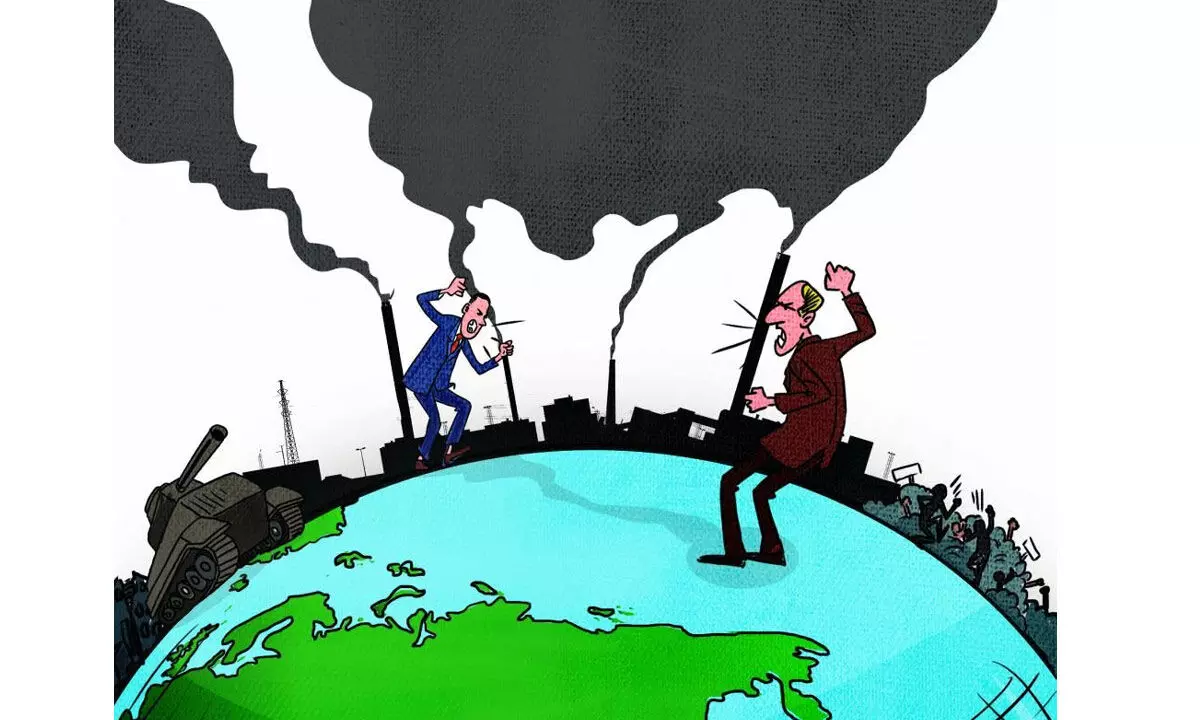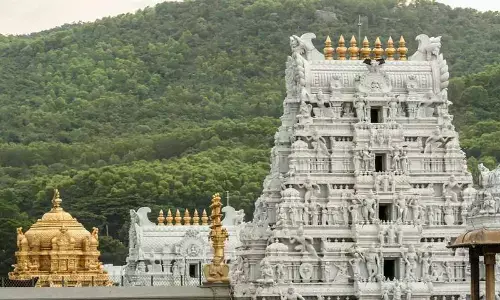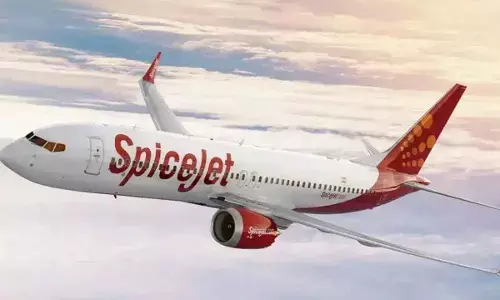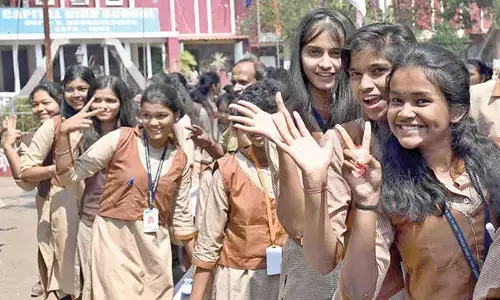Dangerous Distractions

Just when you think that the world has reached its nadir, it gets even worse. Last year, after the Ukraine-Russia war broke out, I had written about how this conflict, along with countless others, was tearing us apart at the very time we needed to come together to deal with the existential threat of climate change.
Just when you think that the world has reached its nadir, it gets even worse. Last year, after the Ukraine-Russia war broke out, I had written about how this conflict, along with countless others, was tearing us apart at the very time we needed to come together to deal with the existential threat of climate change.
The fact is that the climate crisis requires every country to take action — be it the industrialised rich whose historical emissions are still present as the stock of greenhouse gases in the atmosphere, “forcing” global temperatures to rise, or the rest of the world waiting in the wings to develop and emit — as this is a matter of our common future and our common jeopardy.
But as the world heads to the United Nation’s climate conference (COP28) in Dubai this month, the geopolitical landscape has become increasingly volatile. First, there is the horrendous and brutal war that Israel is waging on the people of Palestine. Remember, this is the age of visual media, the age of interconnectedness. When images of the bombing of Gaza are beamed across households, it adds to common outrage and shreds our world. You can take sides, but you cannot move the world together.
The Israel-Palestine conflict also highlights the sheer helplessness of the UN in addressing such issues. All its agencies as well as the secretary general have called for a ceasefire of these hostilities. Yet, its staff is being killed every day in the gunfire. Its directions are being ignored, indeed discarded. Then, how will this global consciousness — the multilateral bulwark — operate when it comes to climate change, or any other crisis? It has been weakened and disabled.
All this is happening in an age when democracy is being challenged like never before. The agent of free speech — social media — has become a weapon to spread falsehood and hatred. Every time the quotient of violence and abuse increases, tensions rise, and so does the need to secure safety. This then gives governments — authoritarian or not — the justification to turn against the values of open societies, using high-tech surveillance. Now we are moving towards a new unknown age of artificial intelligence (AI). We don’t know what it will leave us with. But frankly, it is not the technology that should bother us, but what it will do in the hands of our fractured and fissured society.
In all this, the conventional print and broadcast media are being discredited, divided and discarded. Even the most fervent of free-speech societies are busy sanctioning the right from the wrong. Concerns of ordinary people who are taking to the streets are falling on deaf ears. How, then, can we listen to the voices of the poor in our world?
Take what happened at the last meeting of the transitional committee to decide on the Loss and Damage fund, which is so critical for countries and communities hit incessantly by extreme weather events with certain links to climate change. The US — the world’s single largest historical emitter — walked out of the final agreement, saying that the fund needed to be “voluntary” in nature. What does this mean for countries that require concessional and grant-based finance to repair the damage from these disasters?
We know today that climate finance is only adding to the debt burden of such countries, locking them in a vicious cycle of poverty and insecurity. This fund was to be based on the need to “pay” countries as a liability of the polluter. It will now, as per the US, become another gratuitous offer of providing crumbs to despairing societies. This is just not done.
The financial desperation of many countries is being preyed upon with a number of what can be called dubious agreements for swapping or buying land for carbon-offset schemes. This cannot be the way ahead in which poor countries, victims of the emissions of the already rich, are further victimised to make profits. This is not the world that will combat emissions and keep us all safe.The unarmed war — between the so-called West and so-called East (US vs China) — is going to make things worse for the fight against climate change. China is today the world’s largest annual emitter of greenhouse gases. The scale of its emissions is huge: Double those of the US, the second-highest emitter. By 2030, it will catch up with the US in terms of per capita emissions and the share in carbon budget (that is, if the US meets its targets for reduction).
China is also the holder of key minerals and technologies needed for low-carbon transition, which gives it a head start over the rest of the world in terms of manufacturing everything from e-cars to solar panels. It is also the major financier for several countries and holds the key in terms of reinventing growth or reducing debt risk. We need cooperation, not war, for humanity to survive. Only then can the planet heal.
(Courtesy: Down To Earth; Writer is Director General of CSE and editor of Down To Earth, an environmentalist who pushes for changes in policies, practices and mindsets)











